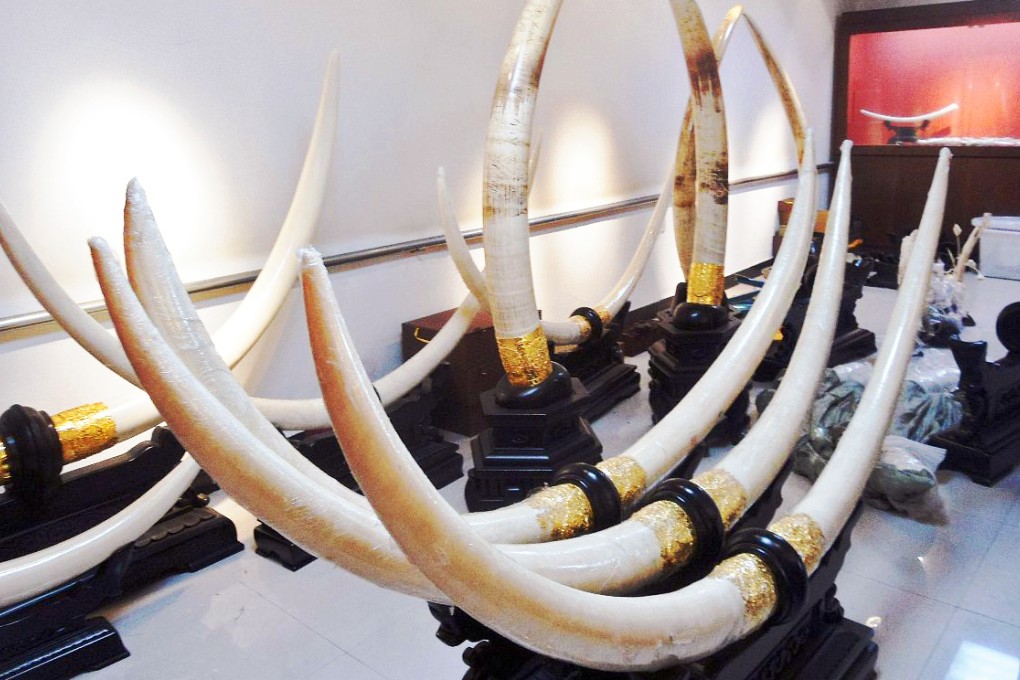China's ivory import ban only the first step
If the world's largest terrestrial animal is to be saved from appearing on the list of critically endangered species, the law itself must prevail over the law of supply and demand.

If the world's largest terrestrial animal is to be saved from appearing on the list of critically endangered species, the law itself must prevail over the law of supply and demand. That would require a dramatic turnaround in consumer attitudes. The number of African elephants is estimated to have fallen from 1.3 million to about 500,000 in 35 years as a result of soaring demand for their ivory tusks, driven in part by the emergence of new wealth in China.
As the risks of poaching and trafficking have risen with international cooperation to combat the illicit trade, so have the rewards demanded by those who are prepared to take their chances. As a result, the price of ivory is estimated to have tripled, attracting participation in the trade by militant extremist and terrorist elements seeking new sources of funding. Against these odds, China's ban on the import of ivory products for one year, to evaluate its effect on elephant protection before taking further, more effective steps, may seem a tentative response. Indeed, it may be seen as symbolic, like high-profile public ceremonies of destruction of stockpiles of seized ivory in both the mainland and Hong Kong. But it may still serve the purpose of reducing the market for ivory by educating potential consumers in the facts of the trade they would be supporting. For example, an oft-quoted survey by the International Fund for Animal Welfare, though now eight years old, suggests that many people remain unaware that far from being the byproduct of humane population control policies, ivory can only be harvested through inhumane slaughter.
To be sure, governments have stepped up efforts against the illegal trade in ivory. For example, 30 from Asia and Africa agreed at an African elephant summit recently to practise zero tolerance of poaching syndicates, with tough sentences and confiscation of assets. Enforcement is critical. Meanwhile, conservationists have high hopes that Beijing's import ban is the forerunner of wider sanctions. Only then can people be persuaded that ivory is no longer an acceptable source of wisdom, a sign of nobility and a symbol of wealth.